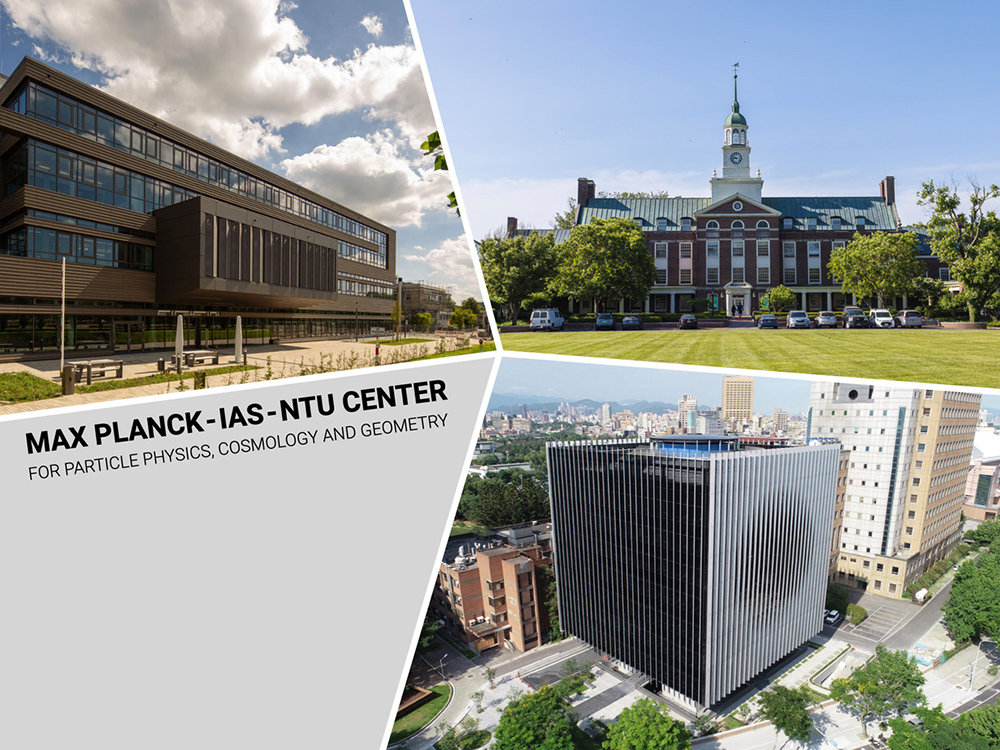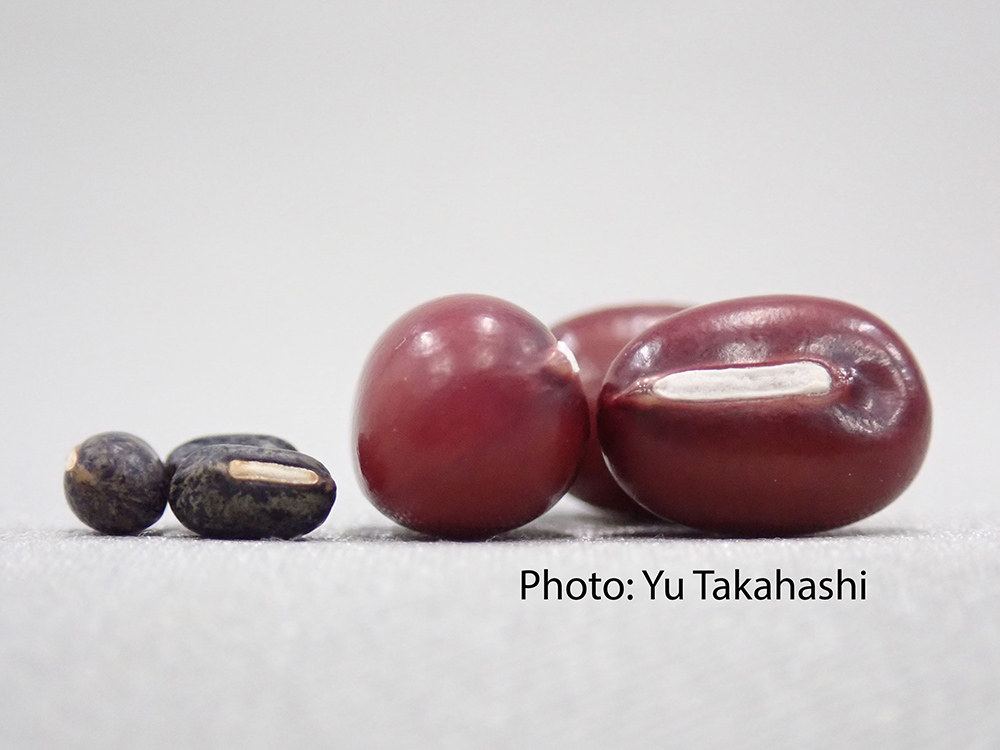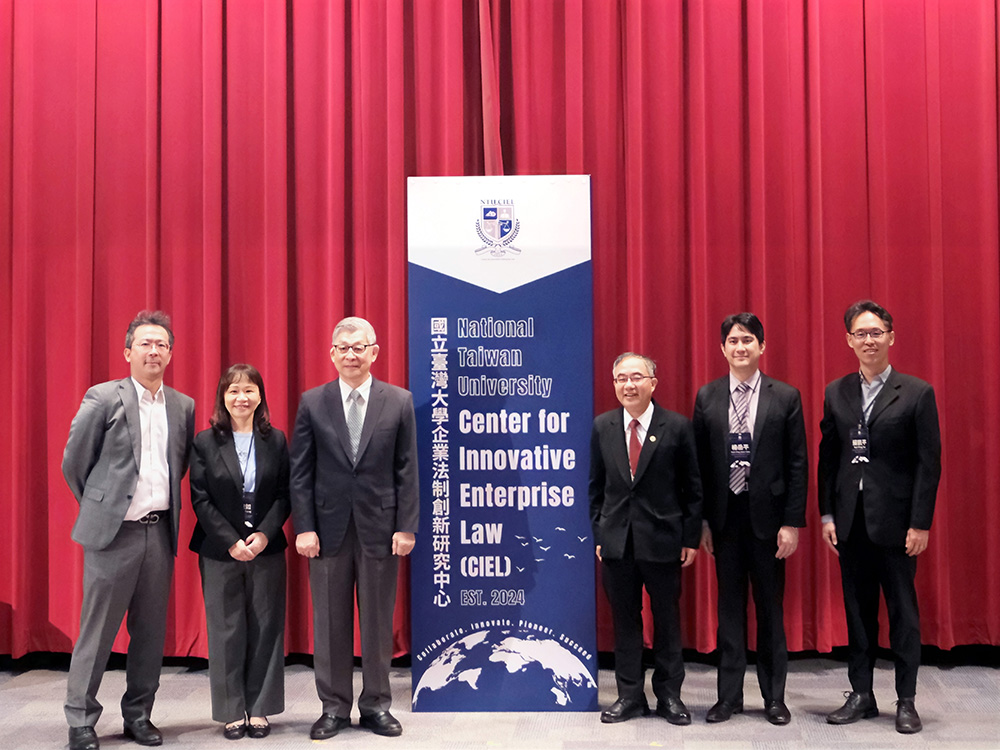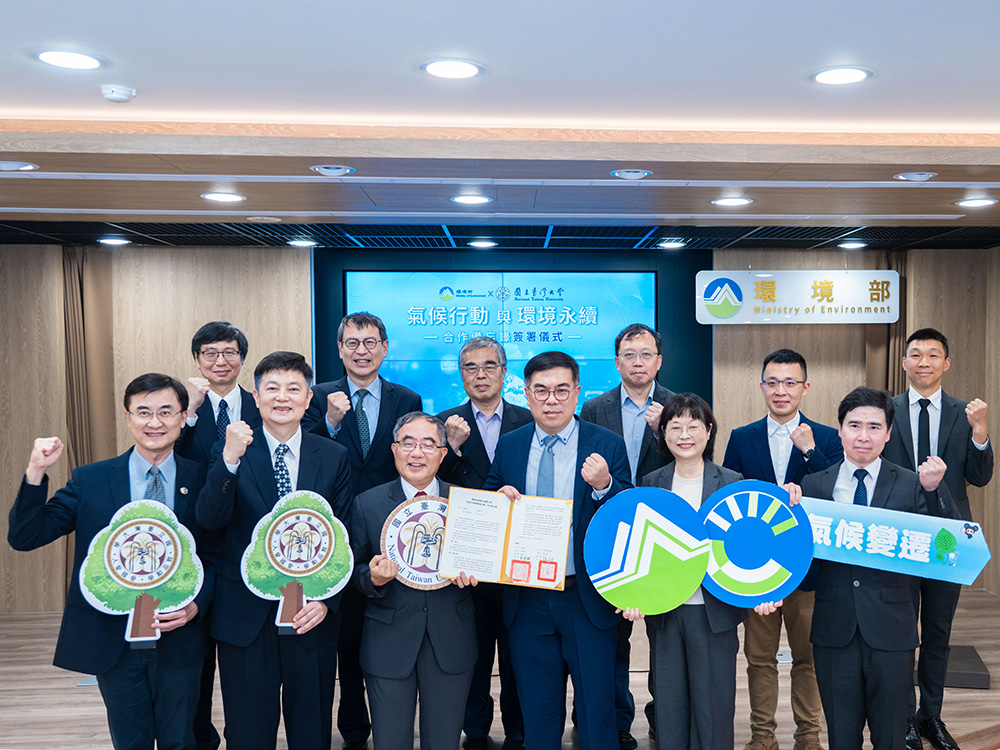
A new milestone for science at NTU: The inauguration of the Max Planck-IAS-NTU Center
瀏覽器版本過舊,或未開啟 javascript
請更新瀏覽器或啟用 javascript
Spotlights
Prof. Pan and his colleagues’ research findings are published in the journal, Neuron.
A new study published by Dr. Chun-Liang Pan (潘俊良), Associate Professor at the NTU Institute of Molecular Medicine, reveals a novel mechanism that ensures non-overlapping distribution of sister dendrites from a single sensory neuron. The study shows that MIG-14/Wntless, a protein known to control the secretion of Wnt morphogens, regulates dendrite morphology independently of Wnt signaling. This is the first time that a Wnt-independent function of Wntless is discovered. Pan and Chien-Po Liao (廖健博), PhD candidate and first author of the paper, report their findings in the Cell Press journal Neuron.
Different sister dendrites from the same neuron employ a mechanism called self-avoidance to prevent overlapping with one another, which involves dendrite retraction following a brief contact between sister branches. Dendrite self-avoidance is observed in the nervous systems of roundworms, fruit flies, and mice, suggesting its ancient origin in evolution. It had long been hypothesized that self-avoidance minimizes confusion and ensures the precision of sensory perception. There are a handful of proteins involved in dendrite self-avoidance, but the cell biological basis remains largely unclear.
The Pan lab studies neural development in a soil-living nematode, Caenorhabditis elegans. The transparency, facile genetic tools, and our thorough neuroanatomic knowledge of C. elegans have made it a prime model in developmental biology. In C. elegans, the PVD neuron that detects harmful sensory stimuli develops an elaborate dendrite morphology with robust self-avoidance between sister branches. Liao first observed increased frequency of PVD dendrite overlapping in the mig-14 mutant worm. The mig-14 gene encodes Wntless, a membrane protein that traffics Wnt glycoproteins from intracellular compartments for secretion from the cell membrane. All known functions of MIG-14/Wntless are related to Wnt signaling, and in most cases mig-14 and Wnt mutants share similar phenotypes. However, thorough genetic analysis conducted by Liao and Pan led to the striking conclusion that MIG-14/Wntless controls dendrite self-avoidance independently of Wnts. This conclusion was further supported by two critical findings. First, unlike the mig-14/Wntless mutant, the Wnt mutants lack dendrite self-avoidance defects. Second, distinct MIG-14/Wntless protein domains mediate dendrite self-avoidance and Wnt secretion individually. Moreover, depletion of Wntless in fruit-fly neurons resulted in extensive dendrite overlapping, and self-avoidance defects in the mig-14 mutant worms could be rescued by the expression of Wntless from fruit-fly or human cells. Liao and Pan further demonstrated a requirement for actin cytoskeleton in dendrite self-avoidance, with expert assistance from Hwa-Man Hsu (徐華蔓), a microscope specialist at the Imaging Unit, First Core Labs of the NTU College of Medicine.
Liao joined the Pan team in 2013 as a master’s student after obtaining a bachelor’s degree in life sciences from National Taiwan Normal University. He decided to join the PhD program in early 2015, and is now in his fourth year of doctoral studies. The importance of this work had been evident in its early phase, as Liao was frequently selected for oral presentation on the subject in several international conferences. Pan attributes the success of this project to Liao's talents and passion for science, as well as collaboration with Hwa-Man Hsu and the lab of Dr. Cheng-Ting Chien (簡正鼎), a leading fruit-fly neurobiologist at Academia Sinica and also an adjunct faculty member of NTU. Other authors include Hsun Li (李珣), PhD student in the Chien lab, and Dr. Hsiu-Hsiang Lee (李秀香), faculty member of the NTU Institute of Molecular Medicine.
Reference:
Liao, Chien-Po et al. Cell-autonomous regulation of dendrite self-avoidance by the Wnt secretory factor MIG-14/Wntless. Neuron, Volume 98, Issue 2, 320-334.e6. DOI: https://doi.org/10.1016/j.neuron.2018.03.031.

A new milestone for science at NTU: The inauguration of the Max Planck-IAS-NTU Center

A Distinguished Global Research Center Established at NTU under Trilateral Cooperation

Collaborative study between NTU and Japan uncovers the origin of Adzuki Beans and agriculture in Japan

NTU Launches Center for Innovation in Enterprise Law—with Forum Highlighting Trump’s Policy and Legal Shifts Amid Geopolitical Tensions

NTU and Ministry of Environment Sign MOU to Advance Net-Zero Transition and Environmental Resilience
Current Spotlights